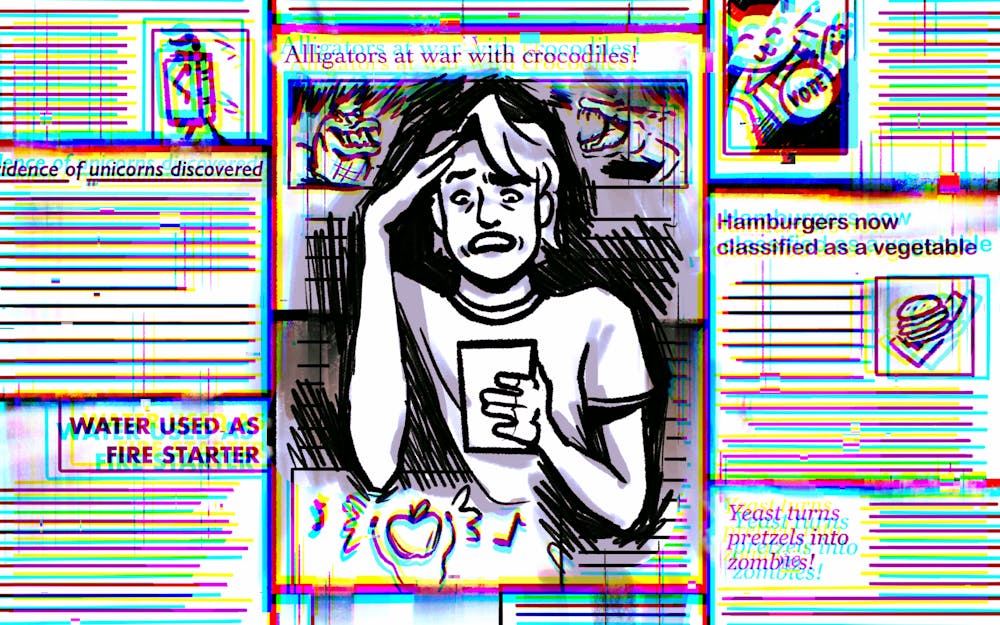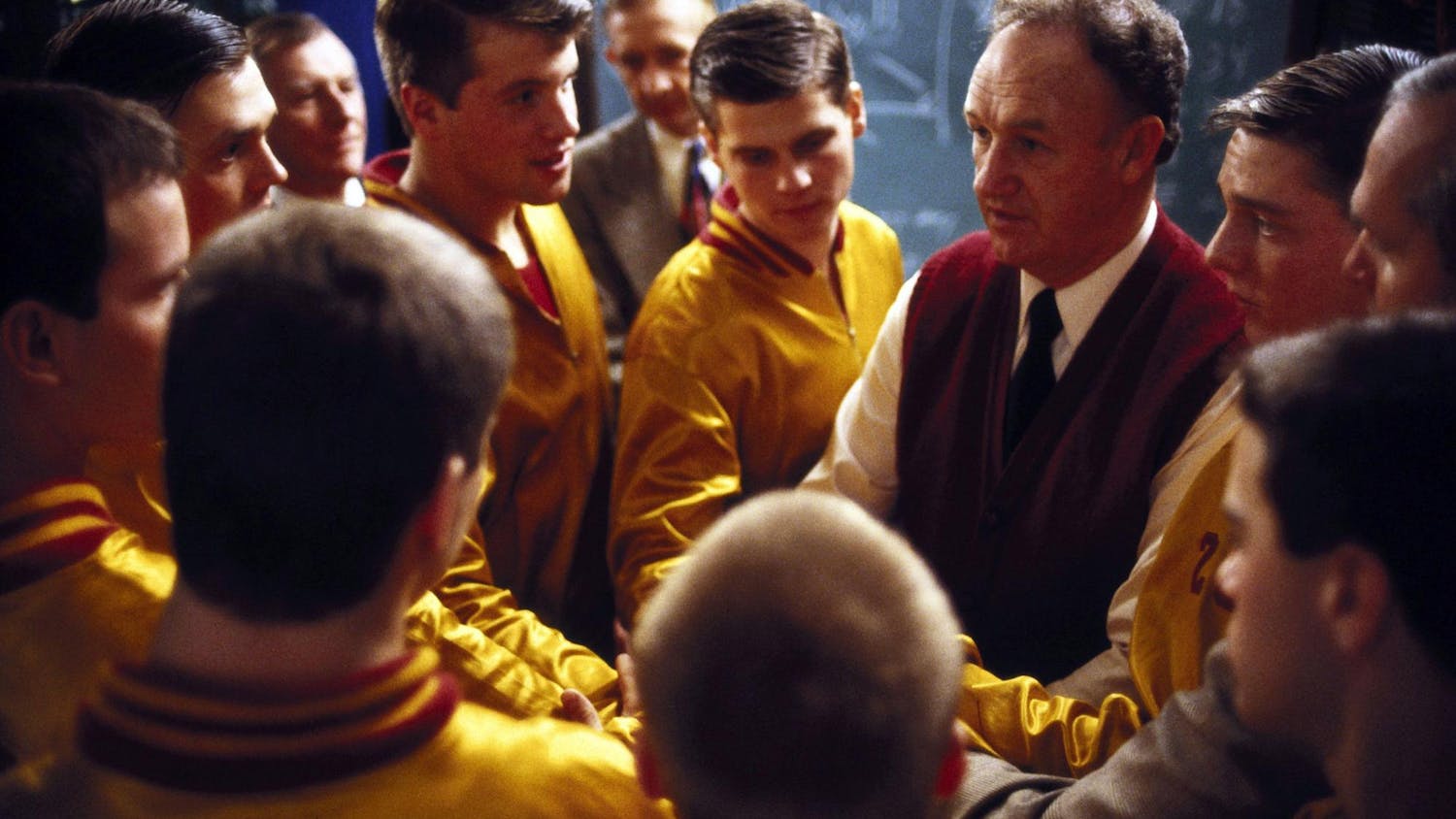After hearing about the Francis Scott Key Bridge in Baltimore collapsing, I, like most people, felt saddened and my heart went out to the families that lost loved ones. However, these sorrows were distracted by conspiracy theories that I found littering the internet after the incident. I fell down a Googling rabbit hole, reading conspiracies about the event, each one seeming more outlandish than the last.
The Francis Scott Key Bridge collapsed on March 26 when it was struck by a cargo ship that lost power. The incident is still being investigated, but despite evidence it was accidental, the internet has its own theories. Andrew Tate, a popular yet controversial influencer, posted his beliefs on X (formerly known as Twitter) that the ship was deliberately steered toward the bridge. Alex Jones, a Sandy Hook conspiracy theorist, posted his thoughts on the attack being deliberate as well. He also mentioned that he believed this was an indication that “WW3 has already started.”
After reading these conspiracies, I found myself feeling uncomfortable by the lack of decency that these people online were showing to those who lost their lives. It’s also troubling that the evidence provided about the bridge was undoubtedly ignored as the conspiracy theories took charge, spreading fear and uncertainty in people that didn’t know enough about the matter to begin with.
Princess Kate of Wales was also plagued by her own torment of conspiracy theories recently. After being admitted into a hospital for abdominal surgery, people later began to speculate where she was. She then posted a picture that was deemed tampered with, which the Associated Press later retracted. This incident, however, sent the conspiracies spiraling. In the end, Middleton came out with a video explaining her cancer diagnosis, which helped to quiet the conspiracies.
Conspiracies may seem harmless at first, but they can have lasting effects on those involved in the situations that the conspiracies are targeting. Kate Middleton felt compelled to out her cancer diagnosis in light of the theories about her, even if it was something she was hoping to keep to herself for a little longer.
The recent conspiracies don’t stop there. Taylor Swift and Travis Kelce have been making headlines since they went public with their relationship, and the conspiracy theories have jumped at every opportunity to make something more of it. Their relationship has been dragged into theories from the Super Bowl to politics, assuming they are together for reasons of political agendas, presidential endorsements, COVID-19 vaccines, you name it. It’s undeniable that they are a famous couple, both popular in their respective areas, and with that popularity comes a sort of power. But nevertheless, this popularity power is not justification or evidence for any of the speculation they have been targeted with. And yet, they continue to have theories aimed at them for things that have little relation to them.
Conspiracy theories can be silly and harmless, but in other situations, they can be damaging to real people and dangerously misleading. For example, conspiracies such as the flat Earth, anti-vaccine, and QAnon theories have misled people for years and have had real-world consequences. Spreading misinformation and creating conclusions based on little to no evidence can cause confusion, mistrust and alarm. I fear that constantly spreading unproven theories, especially things including politics, can increase the sense of distrust that people have towards news outlets and the government, regardless of the true facts that are provided.
The internet and the ease in which we can now communicate with one another seems to be only adding fuel to the fire. Conspiracy theories existed before the internet, but the internet has made it “easier than ever for people to get involved in conspiracy networks.” Theories with no profound evidence can spread expeditiously and they tend to find their way into every corner of the internet so most people have come across them at one time or another.
I find myself becoming more hesitant with the sorts of information I consume online. I’m overly cautious with where I get my news, and I find myself fact checking the sources I read, especially when the information comes from an unfamiliar source. As the saying goes, you should not trust everything you read on the internet, especially when the information contains unsupported theories.
Caitlyn Kulczycki is a sophomore studying media advertising with minors in psychology and creative writing.






